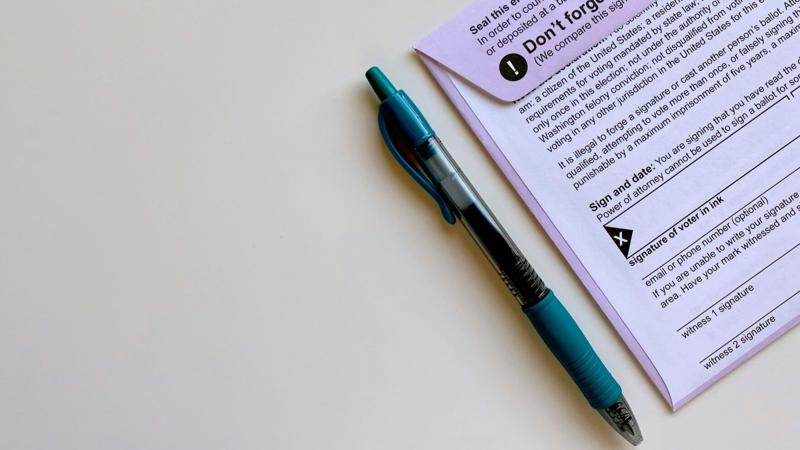(The Center Square) – The Arizona Supreme Court ruled that a coding error in the Motor Vehicle Department that has allowed almost 100,000 Maricopa County voters to vote in local elections without having to verify proof of citizenship will not prevent them from participating in this year’s local elections.
The question on whether or not these around 98,000 voters would be able to vote a full ballot as they have been able to do for the past 20 years stems from an error discovered by Maricopa County Recorder Stephen Richer during “routine voter roll maintenance.”
It affects voters who received their driver’s licenses before Oct. 1, 1996. Before that date, individuals did not have to provide proof of residency to register to vote. They only had to swear affirmation under penalty of perjury – the status quo for the rest of the U.S.
However, if those individuals were reissued a driver’s license sometime after 2004 (when AVID began malfunctioning in this way), the system did not require the MVD to attain proof of citizenship.
According to a statement from Gov. Katie Hobbs, once the error was reported to her on Sept. 7, she directed MVD to fix the issue and will be requiring an independent audit “to ensure that MVD systems are functioning as necessary to support voter registration.”
While the federal law is that residents only have to swear affirmation of citizenship under oath, Arizona is the only state in the U.S. that requires proof of citizenship at the time of registration in order to vote.
“This happened because we have some misguided policies that are anomalous in the United States by the way,” Arizona Secretary of State Adrian Fontes said during a press conference last week. “Every single one of these voters have met the minimum criteria of swearing affirmation under penalty of perjury that they would have to do to vote in every election across the rest of the United State of America. Only Arizona has what I think is an unreasonable burden on its voters. This is a result of bad policy and underfunding of government systems.”
In order to solve the issue, Fontes entered into a “friendly lawsuit” with Richer, with Fontes taking the position that those voters should be able to continue to vote a full ballot and Richer taking the position that those voters should only be able to vote in the federal elections.
Numerous amicus briefs were filed in support of Fontes’ position including ones from the Arizona Republican Party, the League of Women Voters of Arizona, Coconino Recorder Patty Hansen, Pima County Recorder Gabriella Cazares-Kelly, the San Carlos Apache Tribe, Living United for Change in Arizona, League of United Latin American Citizens of Arizona, Mi Familia Vota and the ACLU of Arizona.
“Today marks a significant victory for those whose fundamental right to vote was under scrutiny,” Fontes stated on Friday. “The court faced a stark choice: to allow voters to participate in just a few federal races on a limited ballot, or to make their voices heard across hundreds of decisions on a full ballot that includes a variety of local and state offices. We deeply appreciate the Arizona Supreme Court for their prompt and just resolution.”
While these voters will be allowed to vote a full ballot in November, they will be required to provide proof of citizenship to their voter registration records in order to vote in future elections.







